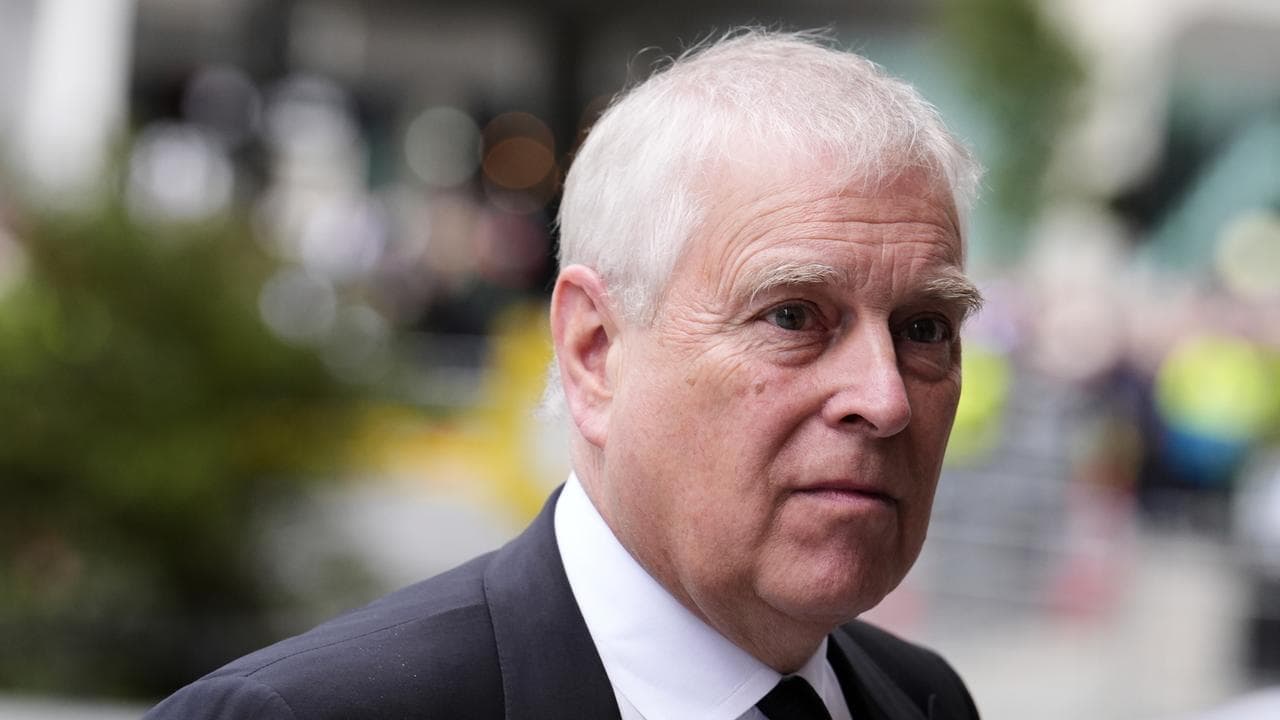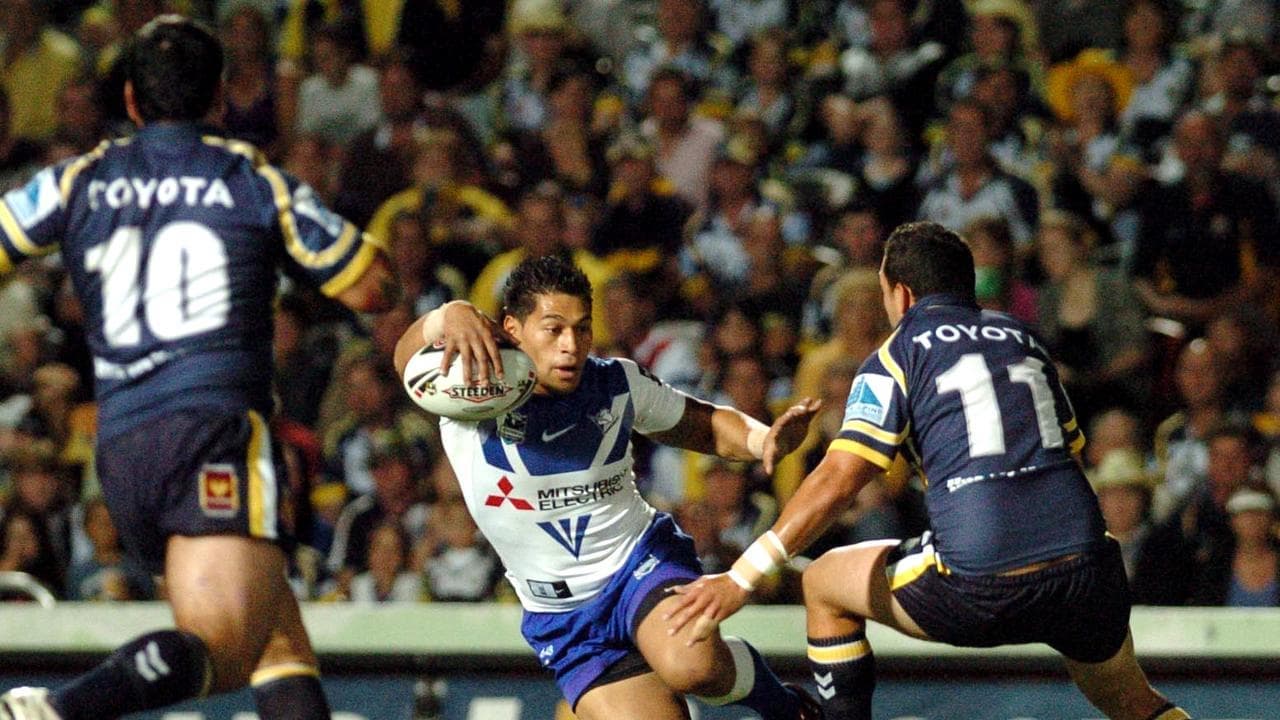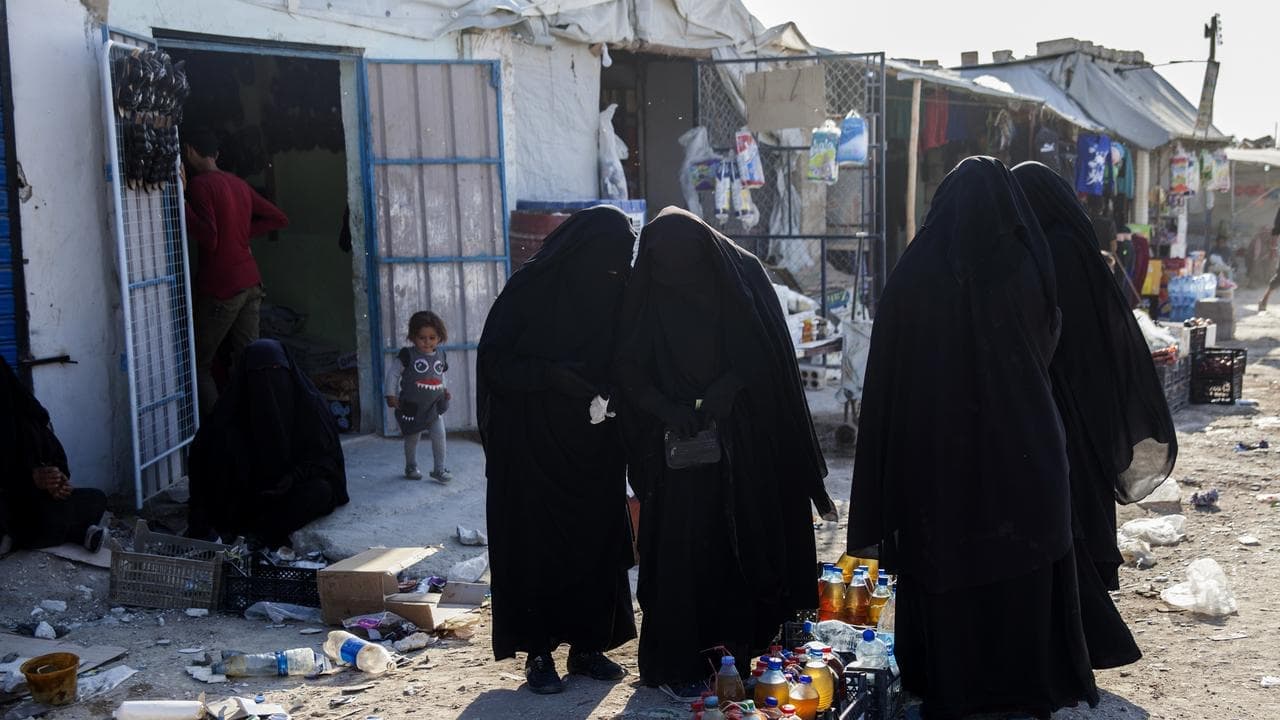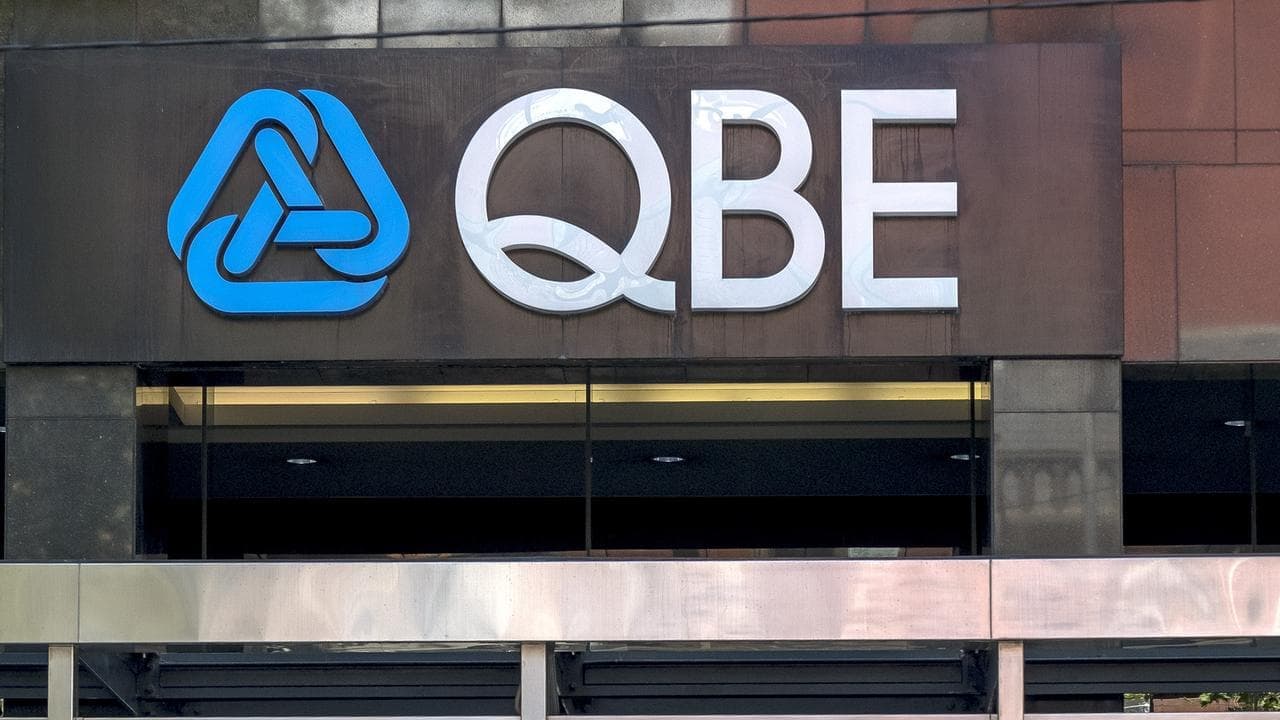WHAT WAS CLAIMED
Nyunggai Warren Mundine spoke of his full support for a constitutionally enshrined national Indigenous voice at a 2017 event.
OUR VERDICT
False. Mr Mundine has never supported a constitutionally enshrined national Indigenous voice.
It's being claimed a lead campaigner against the Aboriginal and Torres Strait Islander Voice once fully supported the idea of a constitutionally enshrined national body.
Social media users are referencing a 2017 speech by 'no' campaign group Recognise a Better Way's head Nyunggai Warren Mundine in which they claim he spoke in full support of a constitutionally-enshrined Indigenous voice to parliament.
But his comments have been taken out of context. Mr Mundine has never fully endorsed a nationally enshrined voice, but in the past has called for a grassroots approach involving local bodies.
Clips of his speech have spread online in the lead-up to the referendum.

In one example, the caption of a Facebook post (archived here) claims: "Warren Mundine speaking in 2017 to Melbourne Law School in FULL SUPPORT of a constitutionally enshrined indigenous voice to parliament."
The quote attributed to Mr Mundine in the post reads: "We need to have a Voice, we need to be heard, we need to be seen. But we also need guarantees that we just don't have bodies set up and then they're destroyed by governments at government's will. We actually have to have bodies that are fully recognised and have the force of law and constitutional law behind them."
Another post (archived here) included the same quote along with the caption: "Six years ago, Warren Mundine supported a Voice to Parliament. So, why has he changed his mind?"
However, the full version of his speech reveals important context.
In an earlier part, Mr Mundine explains how he is critical towards the idea of a national voice but is "slowly shifting in support of it."
However, he states he hasn't "been won over by it" and adds caveats, including that any voice "needs to come from the ground" and local bodies need to be consolidated before a national voice is created.
The next passage includes the truncated quote used in many of the social media posts: "The natural flow to me is that we will end up with a national body which will have the voice of what Indigenous people are saying on the ground … So I'm presenting that argument - we need - it's a continuation of Noel (Pearson)'s argument, that we need to have a Voice, we need to be heard, we need to be seen.
"But we also need guarantees that we just don't have bodies set up and then they're destroyed by governments at government's will. We actually have to have bodies that are fully recognised and have the force of law and constitutional law behind them."
His speech on May 19, 2017 at the Melbourne Law School is based on an essay published by Uphold and Recognise.
In the essay, Mr Mundine advocates for "Federal Parliament to legislate for the creation of local representative bodies" rather than a "constitutional centralised national body" (Page 10).

"Local bodies, as opposed to a single national body, would represent recognised 'peoples' or 'nations', to ensure that they are anchored and accountable to an identifiable group of people; but will not validate the idea of a nation divided between Indigenous and non-Indigenous Australia.
"Doing so also makes it less likely future governments may legislate for State-based bodies or a singular national body that undermines the spirit of local representation," he writes.
Both his essay and speech were published before the Uluru Statement from the Heart calling for a national, constitutionally-enshrined voice to parliament was released at the national convention held from May 23-26, 2017.
A few days after the convention, Mr Mundine penned an opinion piece in the Australian Financial Review responding to calls within the Uluru Statement from the Heart to establish a "First Nations Voice enshrined in the constitution."
"I've always disagreed with this proposal and still do," he wrote, describing it as a "top-down lawyers' proposal."
In an opinion piece published in The Australian on July 21, 2023, Mr Mundine responded to the recent accusations he has changed his position on the issue.
"It's no secret I published an essay six years ago for Uphold & Recognise, written before the Uluru Statement, advocating for a model of recognition that supports traditional owner groups having a say on their own languages, cultures, heritage, land and sea. And that's a key reason I don't support the voice. Because a national, representative Indigenous body will undermine traditional owner rights to speak for their own countries," he wrote.
The claim has also been addressed by RMIT ABC Fact Check here.
The Verdict
The claim that leading 'no' campaigner Nyunggai Warren Mundine spoke of his full support for a constitutionally enshrined national Indigenous voice at a 2017 event is false.
Mr Mundine did not speak of his full support at the Melbourne Law School event. Instead, he told the audience he was not won over by the concept.
His other statements from around the time are more explicit. In particular, in a newspaper column following the signing of the Uluru Statement from the Heart, he said he was against its proposed enshrined national voice.
False - The claim is inaccurate.
AAP FactCheck is an accredited member of the International Fact-Checking Network. To keep up with our latest fact checks, follow us on Facebook, Twitter and Instagram.












